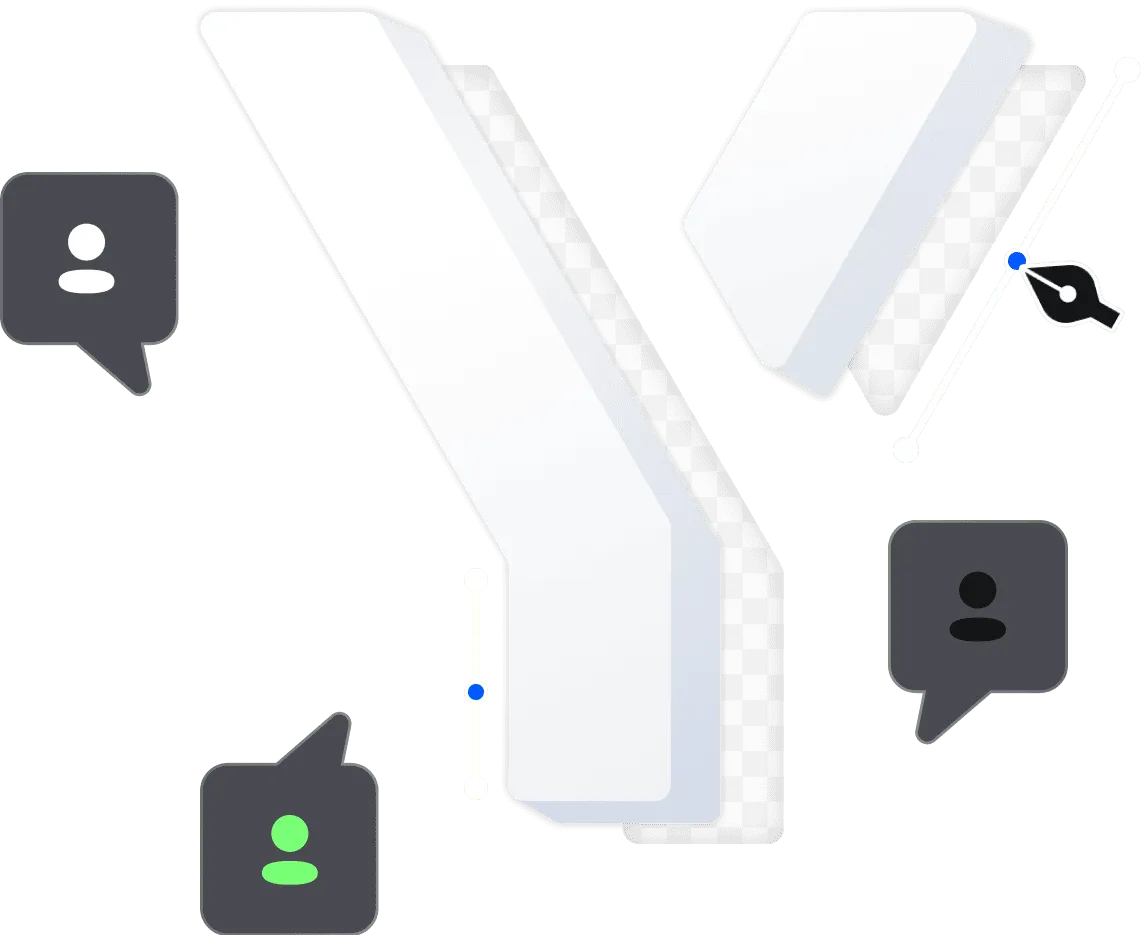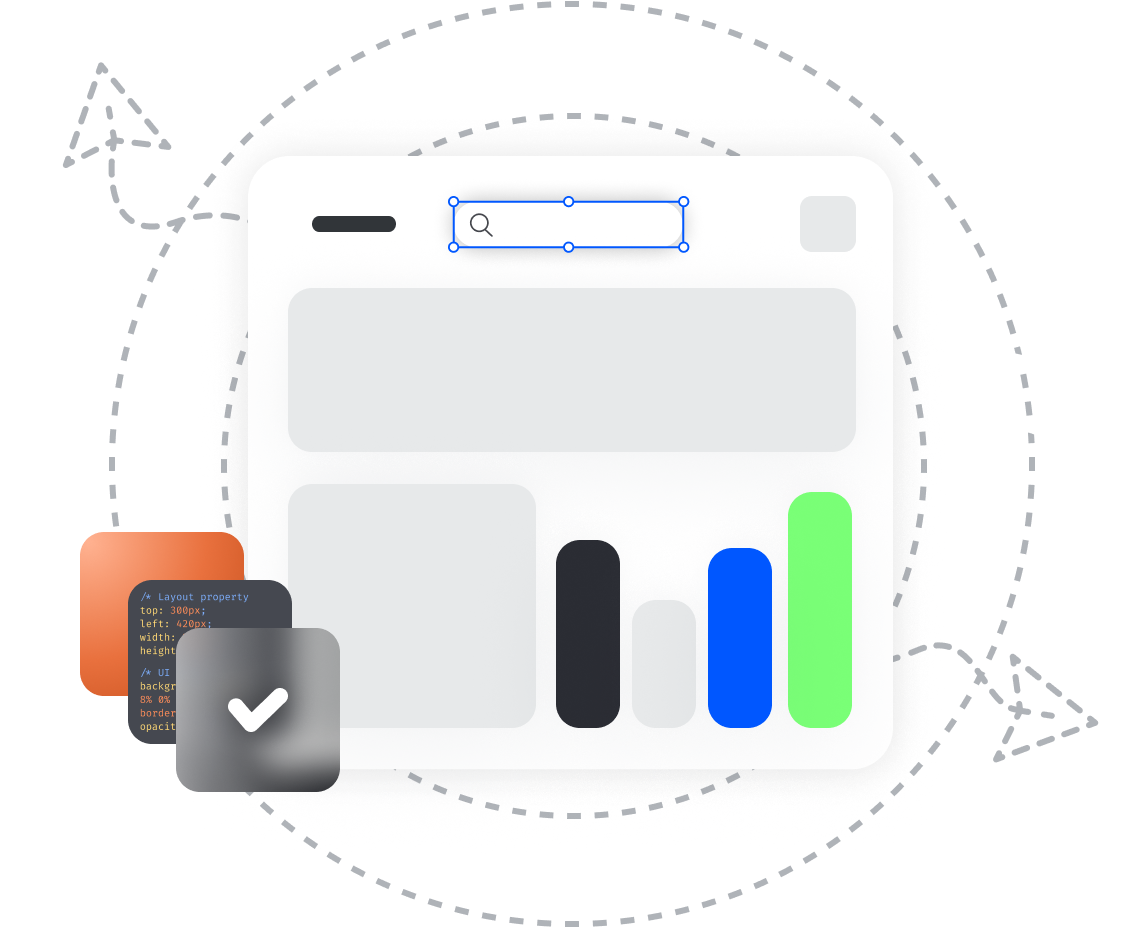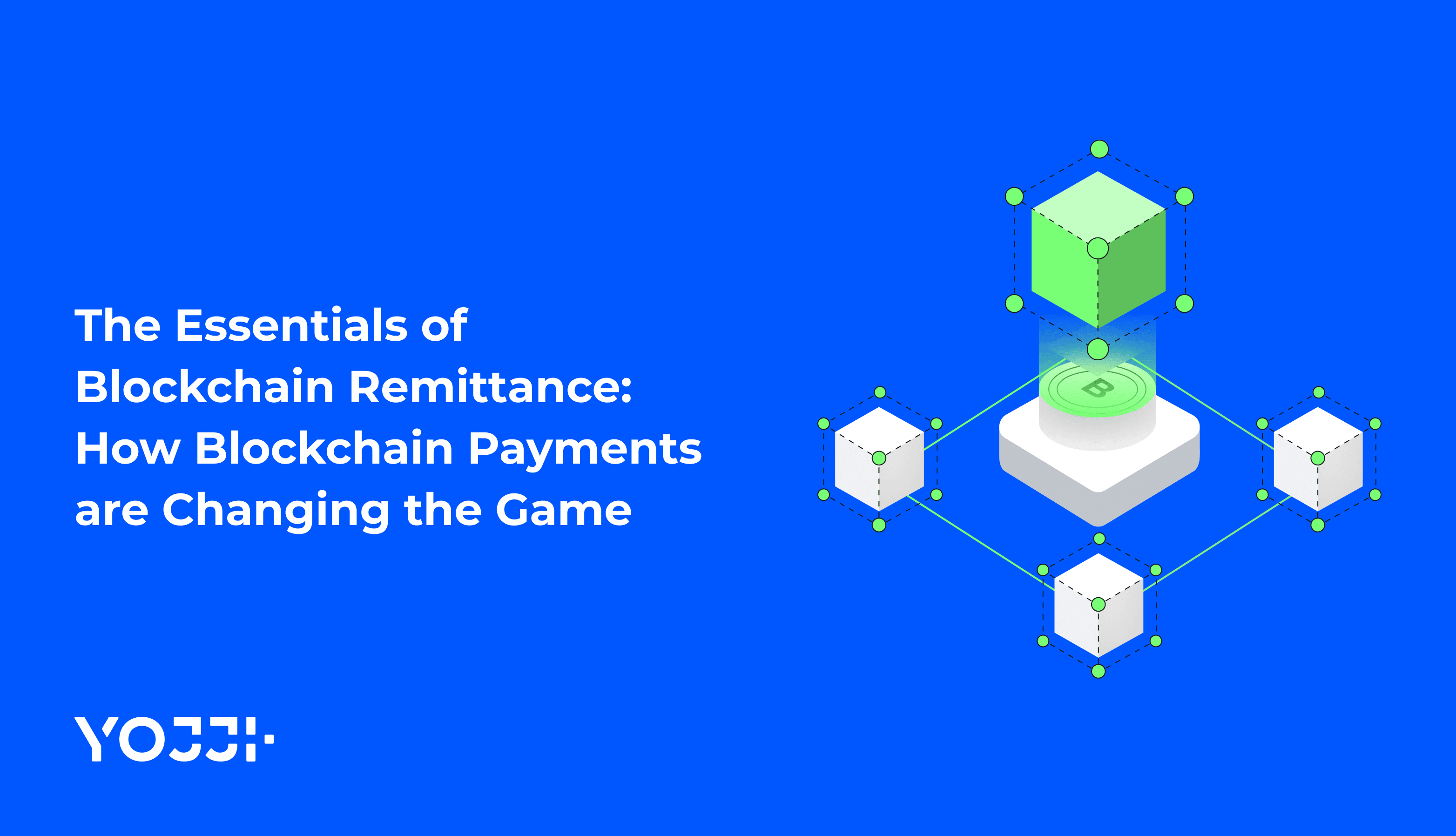Time-and-Materials vs Fixed Price

When hiring a team of developers, a product owner comes across various pricing models, each with its own benefits and drawbacks. Without a doubt, both sides have an interest in picking the most suitable and beneficial type of cooperation. Chances are, you have heard about the two widely-used software development pricing models, time-and-material and fixed price. And now you are at the crossroads: you need to decide which outsourcing agreement is better for your company. Of course, it would be so much easier if all the decisions could be made by tossing a coin, wouldn’t it? But let’s be realistic, this is the case when weighing all the pros and cons is a must. To help you make the right choice, we have prepared this informative article. Keep reading to learn everything you need to know about time-and-materials vs. fixed price patterns.
A Few Words about Time-and-Material vs Fixed Price Models
Even though a lot of companies often combine the two models creating unique agreements, we suggest that you read some general information about each to have a better understanding of what time-and-material and fixed-price contracts are.
When customers are looking for a software development cooperation partner, there are typically several questions that concerns them most:
- How much will a project cost?
- How long will it take to develop a software like the one I want?
- What results should I expect?
Both the fixed price and time-and-material pricing models can give answers to each of the questions. Proceed to learn how.
Read also: Navigating the Digital Realm: Key Differences Between Websites and Web Applications
What is a Fixed Price Agreement?
As the name implies, a fixed-price model (also known as a firm-fixed-price model) is a type of contract in which both parties, a client and a vendor, agree on the scope of work, deadlines, and amount of money required for project implementation prior to beginning the development process.
Typically, when choosing this cooperation model, customers pay either one, or several times within the agreed timeframe. Even though the scope of work is fixed, there’s a decent chance that you might need to implement some additional features along the way. It goes without saying that you might want to deal with additional expenditures and prolonged deadlines.

What Does a Time-and-Materials Contract Mean?
A time-and-material contract, as opposed to a fixed price type, offers more flexibility in terms of development time frames and the budget required. Within this billing model, a client pays for the actual scope of work that is done by a service provider. The price is formed by the amount of time a team of developers has spent on a particular project and the cost of materials used. The hourly labor rates are agreed upon by a client and a contractor beforehand. As for the payment intervals, they are also flexible and negotiated in advance.
Paying for software development isn’t the same as buying products in a grocery store. A project tends to change and grow, typically requiring more time and expenses. That’s why most customers believe a time-and-material model is better compared to a fixed price.
The Advantages and Disadvantages of Each Type of Billing
There is no perfect solution. Both pricing formulas have their benefits and drawbacks. Let’s have a closer look at them.
Time-and-Material Model Pros
- 100% flexibility. Thanks to the use of the Agile method, it is possible to make instant changes within a project when they are needed. T&M contracts allow a client company to modify features, change the scope of work, accommodate different designs, or amend materials.
- You save your time. Customers don’t have to spend a great deal of time on thorough planning, since most of the tasks are determined during the development process. Once parties sign a T&M contract, tech experts can start working immediately.
- Hourly labor costs ensure the efficiency of performance. Besides, you can monitor how much time a team spends on a particular task.
- The dynamic workflow. Since you can make decisions and improve the strategy during the development process, the model works best for big-scale and middle projects. Developing software isn’t an easy endeavor; something might go wrong.
Time-and-Material Model Cons
- The budget isn’t defined in advance. There is always a chance of going over your initial budget.
- Unclear time-limits. If you choose this cooperation model, there are plenty of factors that can shift the final deadline.
- Constant communication with developers and full involvement in the workflow. Even though this may seem like a plus for some, most customers find daily reports, planning, and meetings tiring.
What projects will benefit from the Time-and-Material contract?
Let’s now take a quick look at what projects would become a great fit for a time and material model:
- Large-scale projects that require a lot of time for their implementation. It won’t be a big surprise that it is almost impossible to plan everything out to the tiniest detail, especially when it comes to long-term projects.
- The same can be said about complex projects. There’s no way for clients and vendors to work out complete specification documents. Hence, an opportunity to make timely corrections and include additional features is quite beneficial.
Fixed Price Model Pros
- Defined deadlines. A client receives a ready product on time.
- A fixed price, which means there won’t be any additional expenses out of nowhere.
- Clarity and simplicity of management. It is easy to predict every step of the development process since everything is planned out upfront.
- Well-stated requirements and an ability to foresee possible outcomes.
- Minimal risks for a client. As a customer, you don’t need to worry about deadlines or extra fees.
Fixed Price Model Cons
Setting a fixed price looks like a perfect option at first. However, it is not as rosy as it may seem.
- Little to no flexibility. While some may think of it as a plus, being unable to make changes and improvements is definitely a drawback of a fixed-fee agreement.
- The planning stage takes a lot of time. A development team and a customer can spend a substantial amount of work-hours on planning everything in detail.
- Having fewer interactions between a customer and a provider during the software development process may lead to misconceptions. However, this does not imply that you will be completely oblivious of what is happening with a project.
What projects will benefit from the Fixed Price contract?
To help you decide whether the fixed price pricing formula fits you, we suggest that you determine the size of your project first. Fixed-price contracts are most appropriate in the following cases:
- Small projects that have just a few basic features and require little time for their implementation.
- MVPs (minimum viable products). If your goal is to build an MVP for an application first, a fixed price model is a good option.
- Projects that require tight deadlines.
- Projects with a set of predetermined features that definitely won’t need to be changed in the future.
Conclusion
Thus, in response to the question, "Which pricing model is better, time-and-materials vs. fixed price?" our answer is, "The T&M contract is slightly ahead of the fixed price system due to the flexibility it offers.". Nonetheless, they're both good. The fixed-price pricing model is ideal for short projects with tight deadlines and/or an MVP. On the other hand, if your project is large and complex, and you require more flexibility in selecting features, it is preferable to choose the time and material.
Yojji has experience with both fixed-price and time-and-material pricing methods. Get in touch with us to learn what model will fit your specific project.

Yojji successfully delivered the project within schedule. They demonstrated excellent project management via weekly sprint demos and promptly made adjustments based on the client's feedback. Their responsiveness and collaborative attitude were key elements of their work.

5.0
Yojji was an instrumental part of the client’s team, working closely with them to achieve the product’s success. The team was very collaborative and timely, and their performance was amazing. Additionally, their resources were experienced, professional, and enjoyable to work with.

5.0
Yojii is impressive both in quality of development work as well as their commitment. Strong focus on delivery, highly technical personnel, flexible approach that allows for rapid development. Strong processes that allow for solid controls.

5.0
We’re very happy with the way that Yojji works, which is why we’ve spent so much money and engaged them for such a long time. We treat them as employees in regard to responsibilities and expectations, and they haven’t disappointed us.

5.0
As a company, we find Yojji to be excellent development partners - we cannot recommend them more highly and will be very happy to continue working with them in the future.

5.0
They are really nice people with excellent technical backgrounds.

5.0
We used Agile project management methodology and were in contact with the team and project manager daily.

5.0
They all had a super positive outlook and were dedicated to getting the work completed to a high standard.

5.0
Yojji has delivered an accessible product with thorough consideration for the client's requirements. Users have commented on the platform's user-friendliness and speed. Moreover, the team is easy to communicate with and provides frequent updates. Their development and design skills are impressive.

5.0






